The long-term effects of childhood emotional abuse can be complex, and often devastating. Were you emotionally abused as a child? Below are the effects of emotional abuse on future relationships.
How does childhood trauma manifest in adults?
Childhood is one of the most sensitive phases of our lives. Anything that happens in childhood contributes to shaping our behavior, our choices, and makes us what we are. Be it a criminal or a leader, each and every person will have the past which has played a direct role in developing their personality, their dreams, their outlook towards life.
We cannot undo these abuses but talking about these issues and spreading awareness might help people prevent such actions. We need to understand that children who face emotional abuse still bear those marks as adults which affects their lives along with those of their peers too.
This is detrimental to the development of a healthy society.
Here Are 8 Traits Or Childhood Emotional Abuse Effects In Adults
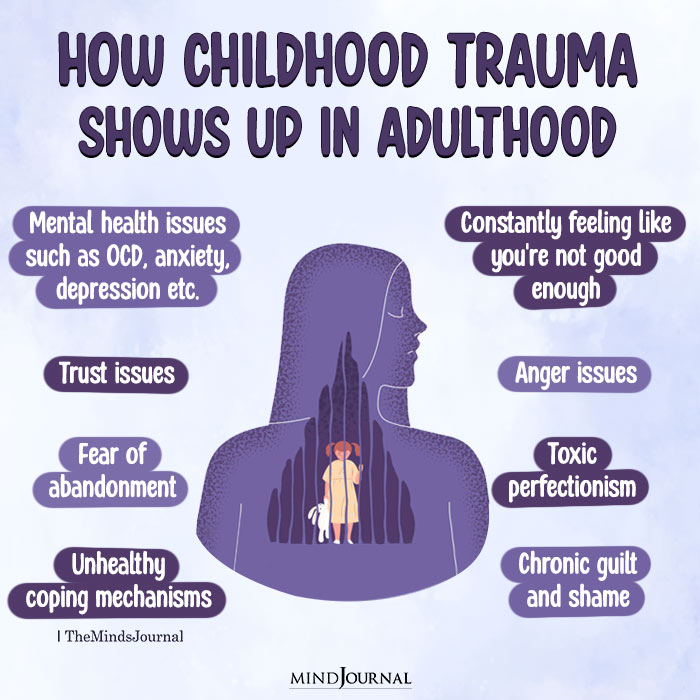
Let’s understand them:
1. Screaming, fighting, when loud noises become unbearable
Child emotional abuse can happen when a child is repeatedly made to feel unloved, worthless, or scared. If a parent yelled or scolded them it can manifest as trauma in their adult years and loud noises or screaming can hurt them.
2. The person has a problem in expressing their opinion
People with childhood emotional abuse will always take a neutral point of view and try not to debate with others. This is a result of mild cases of a child being prohibited from expressing their opinion to extreme ones like that of a child being scolded severely or beaten up for expressing their opinion which was not in tune with others.
As an adult, this fear syndrome will persist and the adult will not express their own opinion which could have added value to the discussion.
3. Accepting the fact that one is loved unconditionally is very hard for the adult.
The adult who has been emotionally abused as a child will always remain skeptical of the love because as a child, they have been betrayed and they have always been devalued. Childhood emotional abuse not only has affected their self-confidence but also took away their trust in people.
4. The adult will keep on explaining their actions even for the simplest of things.
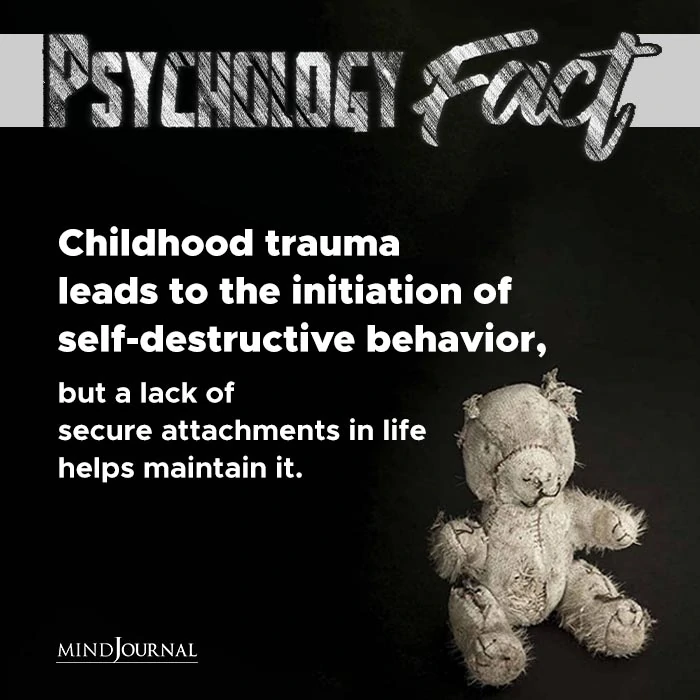
It arises from situations where the child has to be answerable for each and everything they did. When the same child grows up, they will live in the fear of being distrusted or scolded, lacking faith in their ability to trust on their own judgments, and will also be unable to take decisions.
Related: Did Your Child’s Personality And Behavior Suddenly Change?
5. A child who has been abused will be a very shy adult.
Besides childhood emotional abuse, years of ignorance will lead to the belief that nobody wants to listen to them. They will try their best not to open up and will dwell in the belief that they are unwanted. This leads to depression and other mental health issues.
6. The adult will have trouble identifying oneself
Having to deal with trauma can disrupt an individual’s sense of identity. It can affect the way they perceive and see the world. For some, the trauma can also become incorporated into their identity. So, facing trauma and how you deal with that can define your life.
7. An adult will have the tendency to blame oneself always
Growing up as a child who had to hear, ‘you are responsible for this,’ sort of blame, the adult will be self-critical and have the tendency to blame oneself for every situation that turns out wrong.
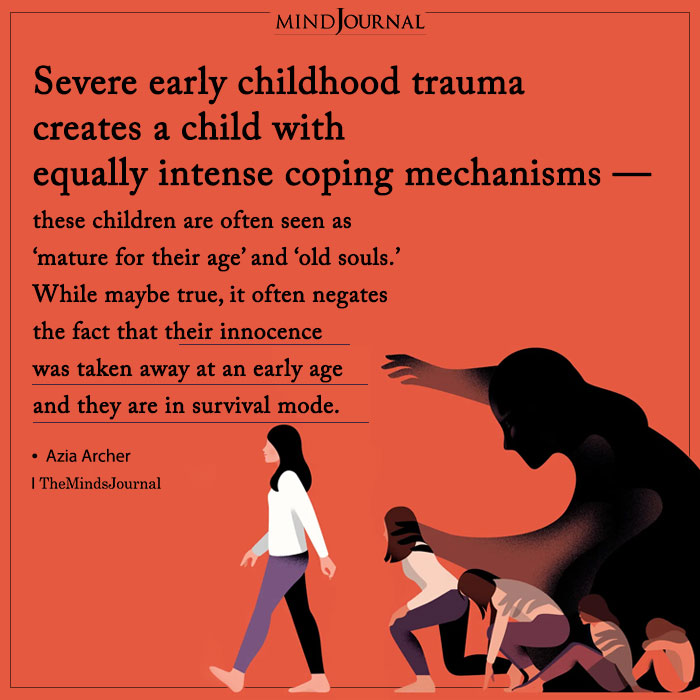
8. Adult tends to be defensive if they end up in an antagonist environment that might incur harm upon them
If we do find people expressing such attributes of childhood emotional abuse, we should try to understand them and situations which made them like this. Let’s try to help them overcome their childhood trauma.
Watch this video to know what are the childhood emotional abuse affects in adults’ health across a lifetime:
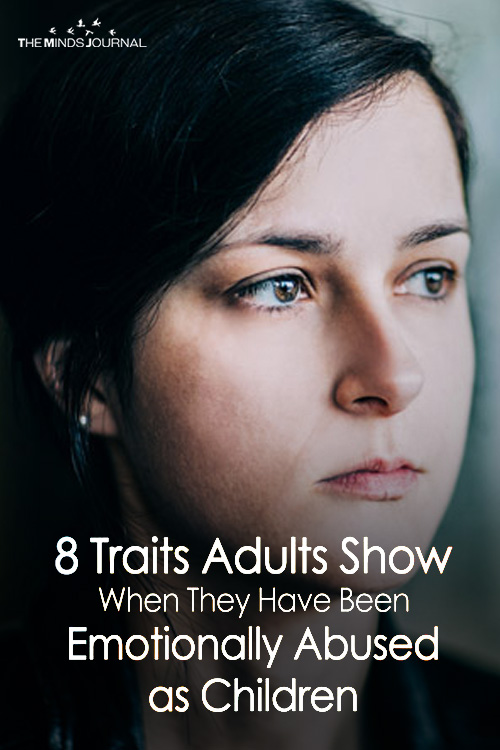
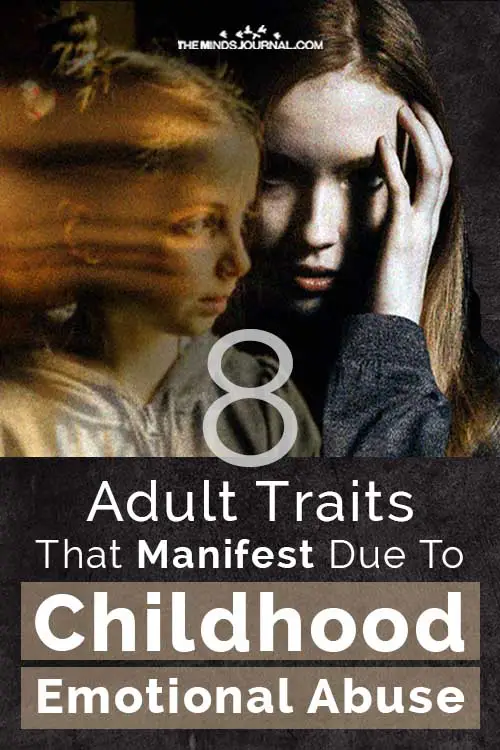
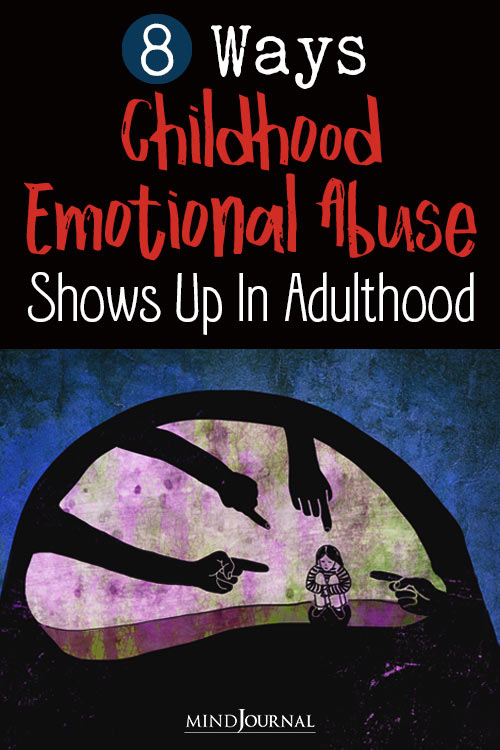
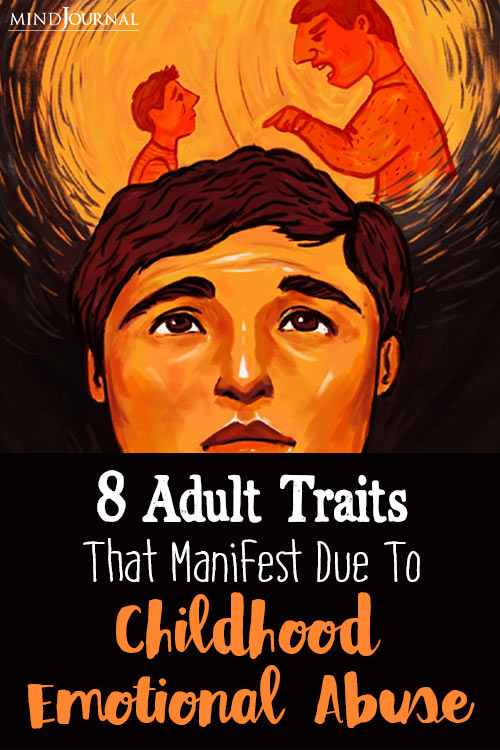
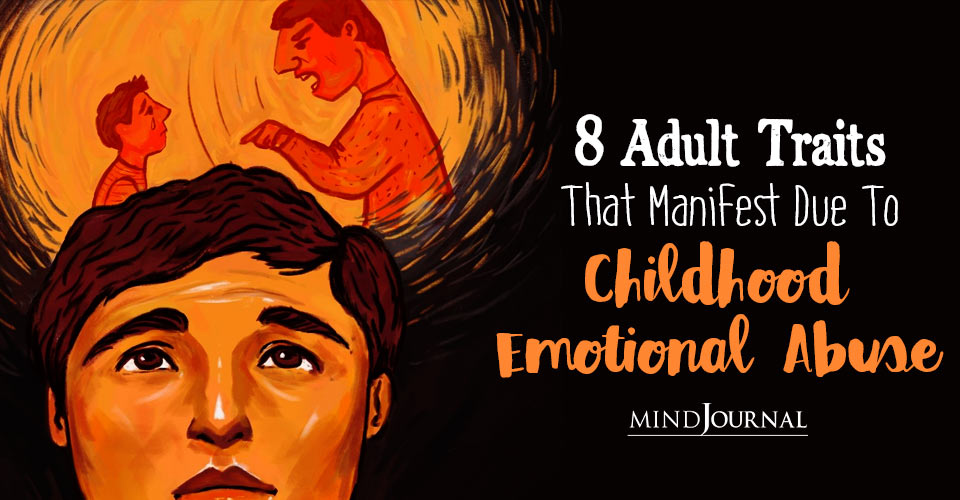





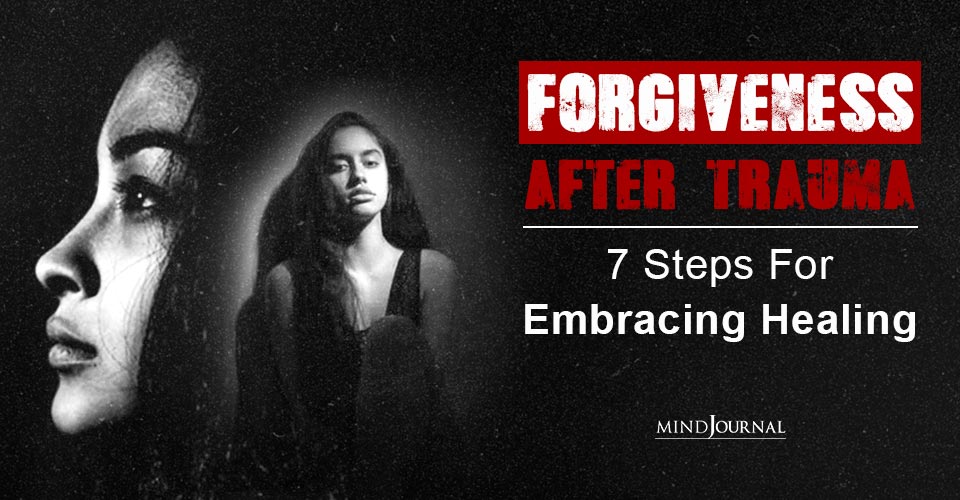

Leave a Reply
You must be logged in to post a comment.